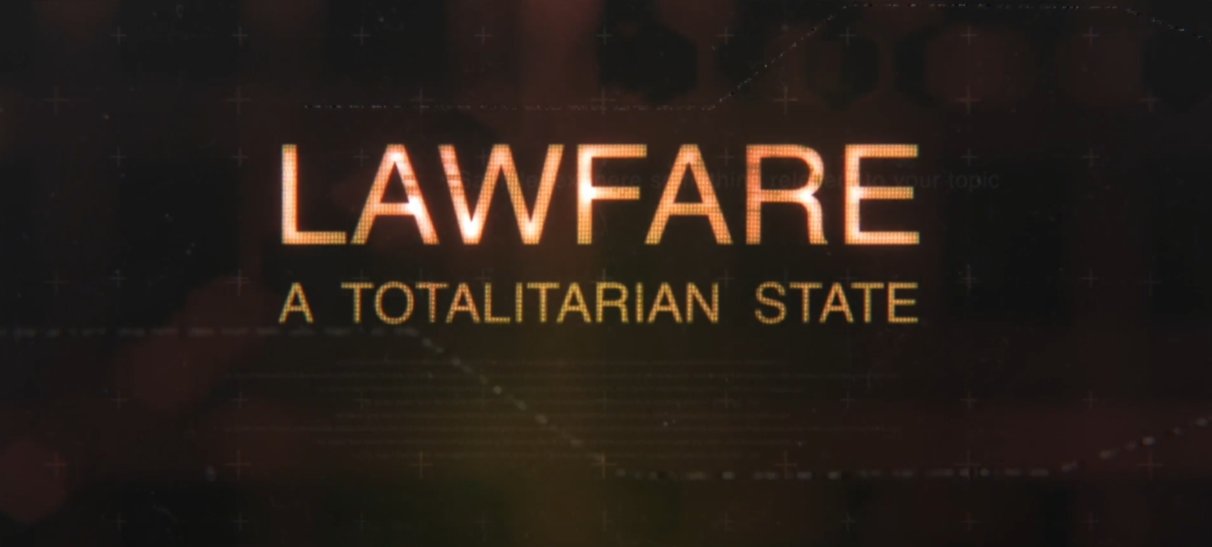Thoughts on a generational takeover by the Left, and what options remain

In the nineteen fifties and nineteen sixties, academic-freedom disputes routinely took a particular shape. In a small town, somewhere in the heartland, there would be a college campus on which a young academic loudly voiced his opinions on controversial matters—mostly political, but sometimes also on sexual morality, or even on legalizing drugs. This would offend the sensitivities of some local townspeople.
Someone like the local mayor would lean on the college president (probably a personal friend), the president would then lean on the department chair, and the young professor was soon gone. The American Association of University Professors would then intervene, and the individual would be reinstated, because the AAUP would in effect threaten blacklisting. Reports of cases like this were reasonably common.
The AAUP would always insist that college campuses must be the one place with unfettered freedom to discuss and analyze issues of all kinds, no matter who might be offended. The analytical function of academia must never be shut down by a shallow local moralism. This was then the consensus of academic life.
[…]















